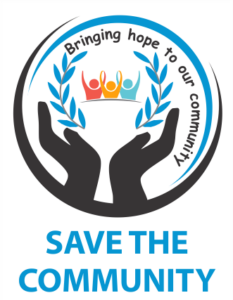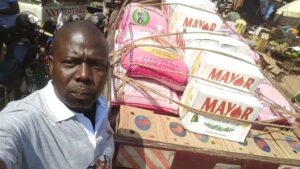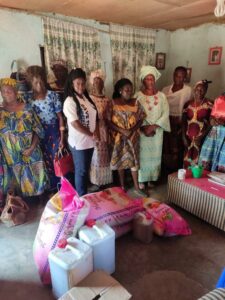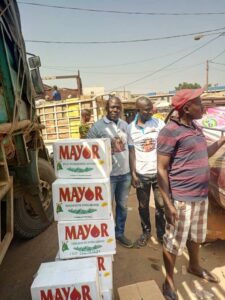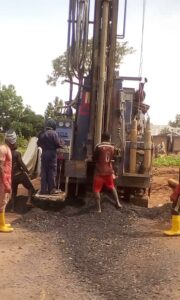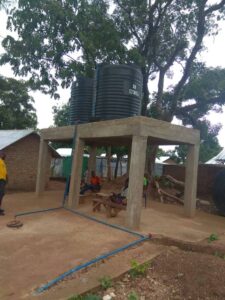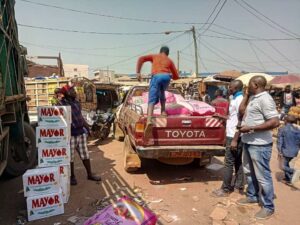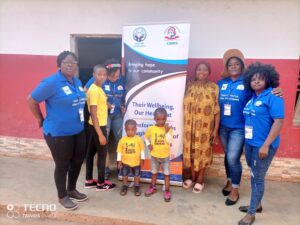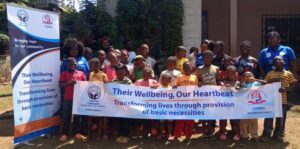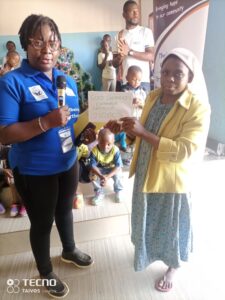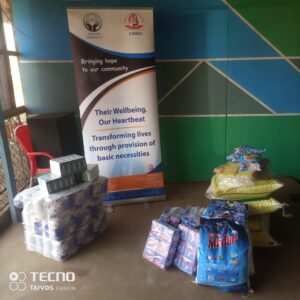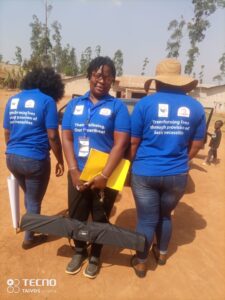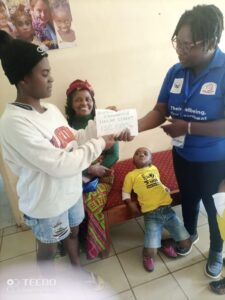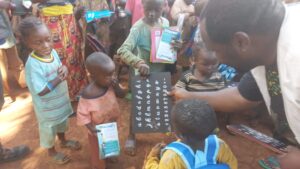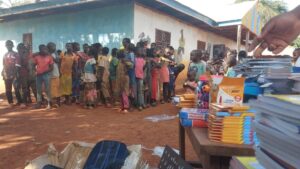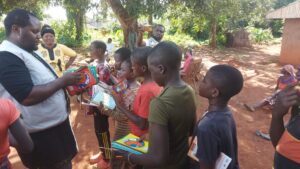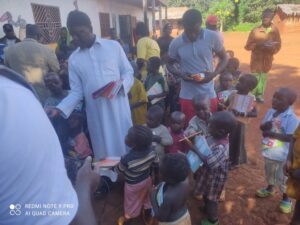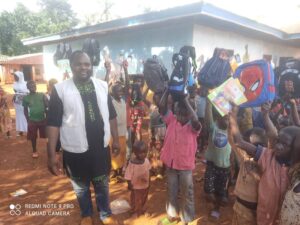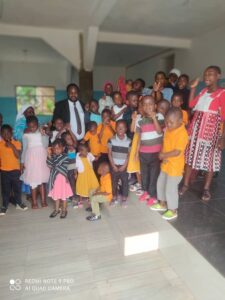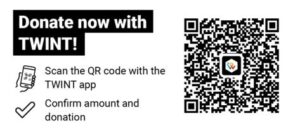Our causes
- Home
- Our causes
The problem
Data from UNHCR release in February this year shows that the number of Cameroonian refugees in Nigeria has now hit the 60,000 mark, with thousands of these refugees registered in the Adagom Refugee Camp. Despite response to the refugee influx by other humanitarian actors to help train and support refugees in the camp to start a livelihood activity, access to livelihood still remain a serious challenge for the refugees.
The Covid-19 pandemic has led further to a deterioration in the already precarious state and standard of living of the refugees and internally displaced, making it even harder for them to obtain basic needs or afford protective gears against Covid19 as mask, soap or hand sanitizers. The over 60,000 refugees have a serious problem accessing drinkable water, which has caused the dead of many as a result of diseases like typhoid fever which is a big problem in negeria due to lack of portable water.
The solution
In 2019, we started the first phase of our 3 phase project to train and support 5000 refugees, 4000 IDPs to start a livelihood activity. Females refugee were the main beneficiaries. We trained 1125 females during the first phase of this project at the Adagom Refugee Camp and 500 IDPs in the North west region.
In the second phase, we will be training 300 women in tailoring, which will enable them to be able to produce face masks for themselves and their families to combat COVID-19 transmission and produce simple dress designs to market.
300 additional women will receive training in liquid soap and hand sanitizer production which are much needed protective gears against COVID-19 and 100 men in sandals craft production, and another 300 women will receive training in saloon management (hair dressing).
We go on
Same number will apply for internally displaced persons. This will bring the target number of direct beneficiaries to 2000 individuals and indirect families beneficiaries to 4000 and will enable the refugees and IDPs to start a livelihood activity and provide them with the much needed gears to protect themselves and their families against the covid19. Those who will receive training on sowing will be clustered in business groups of 10, and each group will receive a sowing machine and some material to help them kick start the business.
The same will be done to those learning production of liquid soap and hand sanitizers and those learning sandals craft production. Each group will receive working tools to help them immediately start generating income after the skills acquisition.
Nigeria has a large consumer market and supporting the refugees to become self-reliant through skills acquisition is one of the fastest way to help take care of their families. Also the best way of accessing drinkable water is by getting a bore hole. We have provided one already but that cannot supply 60.000 families.
